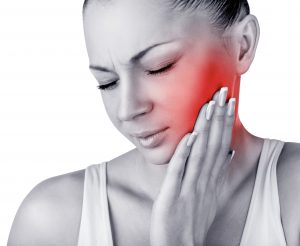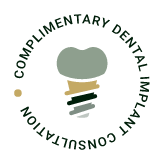 From time to time, we call encounter the unexpected. It might be a flat tire, a challenge at work, or surprising news from a family member — or it could be a dental emergency. A sudden oral health crisis can affect anyone, regardless of how diligently you brush and floss or how great your teeth felt yesterday. When you find that your mouth is suffering, what should you do? Here is some guidance from your emergency dentist in Spring Lake.
From time to time, we call encounter the unexpected. It might be a flat tire, a challenge at work, or surprising news from a family member — or it could be a dental emergency. A sudden oral health crisis can affect anyone, regardless of how diligently you brush and floss or how great your teeth felt yesterday. When you find that your mouth is suffering, what should you do? Here is some guidance from your emergency dentist in Spring Lake.
Evaluate the Situation — Is It Really an Emergency?
In some cases, a bit of discomfort in your mouth may not be a big deal. It may be because the sharp edge of a chip irritated your gums or because you ate something too hot or too cold. In other cases, the situation constitutes an emergency and requires prompt professional attention. Some common circumstances that qualify as true emergencies include:
- An avulsed (knocked-out) tooth
- A partially dislodged tooth
- A lost restoration
- Jaw or soft tissue injuries
- A broken tooth
- Excessive oral bleeding
- A severe toothache
- A dental abscess
How to Handle a Dental Emergency
When you’re facing a dental emergency, one of the first things you should do is contact your dentist. Describe the situation in as much detail as you can, and the professional on the other end of the line will give you advice on what to do next. They may recommend that you:
- Come into the office right away. Immediate care is especially important if a tooth got knocked out or partially dislodged. The sooner a dentist can see you, the greater the odds that they’ll be able to splint the tooth back into place. In the meantime, you should carefully rinse an avulsed tooth and keep it moist until your emergency dental appointment.
- Visit the local emergency room. If your jaw suffered a significant injury or you are bleeding excessively, it may be wise for you to go to the ER. An ER visit may also be appropriate if you have a severe infection. Later, you can schedule a follow-up appointment with your dentist.
- Care for your mouth at home and visit your dentist within a few days. In some cases, at-home care may be able to tide you over for a few days until you can visit the dentist. This may be true if you lost a crown or filling. In such a situation, you should be careful to avoid further damaging the tooth, temporarily reattach the lost restoration if possible, and manage your discomfort with mild painkillers.
Dental emergencies can be frightening, but you don’t have to let one get the best of you. Stay calm and rely on your dentist to help you through the situation. Hopefully, it won’t be long before your smile is back to 100 percent!
About the Author
After over three decades of work in dentistry, Dr. Edward J. Dooley has seen his share of dental emergencies. He is always ready to make room in his schedule for patients who are in urgent need of care. He handles such situations with gentleness and compassion. If you ever find that your mouth is in sudden pain, contact our office right away at 732-974-2288.


